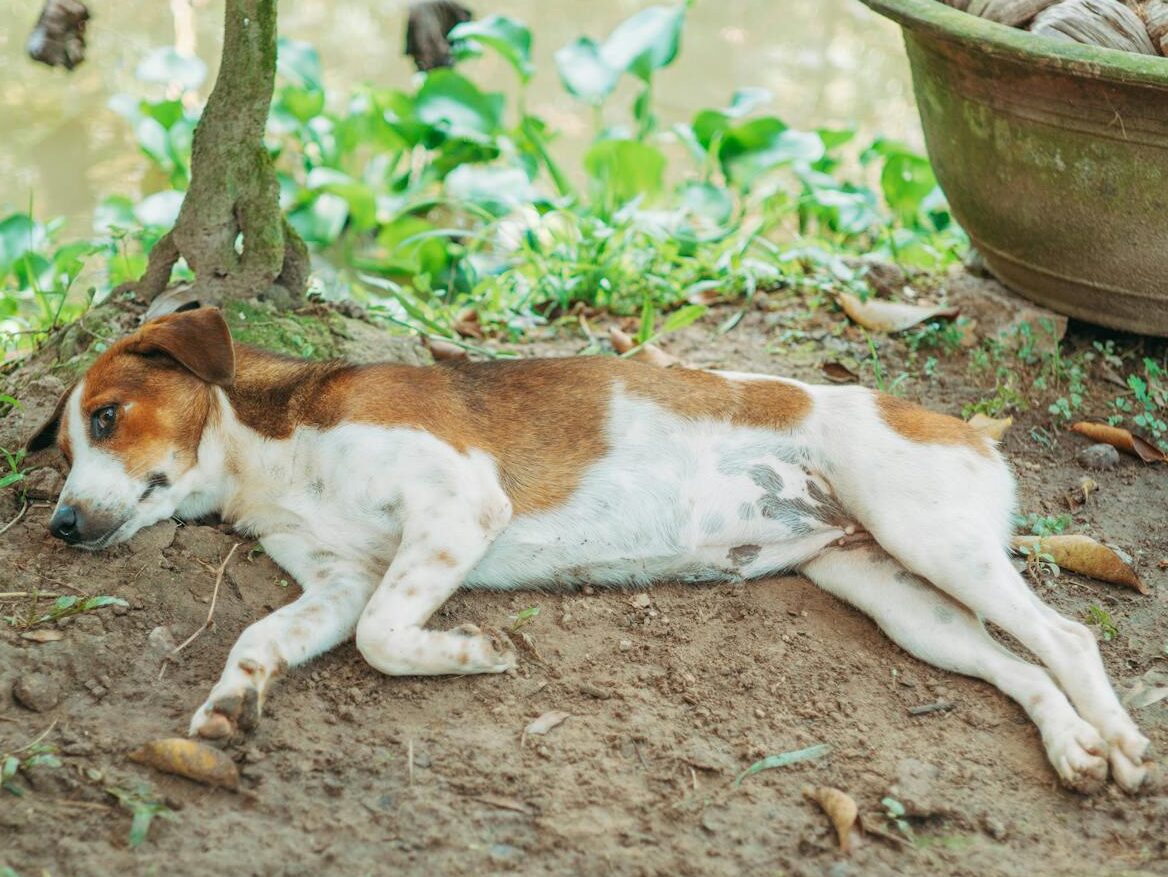
Your dog may not speak your language, but they notice way more than you think. The tone of your voice, the look on your face, or the way you act around them—it all adds up. And sometimes, without meaning to, you might be doing little things that confuse them or make them feel left out. Here are 15 ways you could be hurting your dog’s feelings without even realizing it.
Ignoring Them When You’re Busy
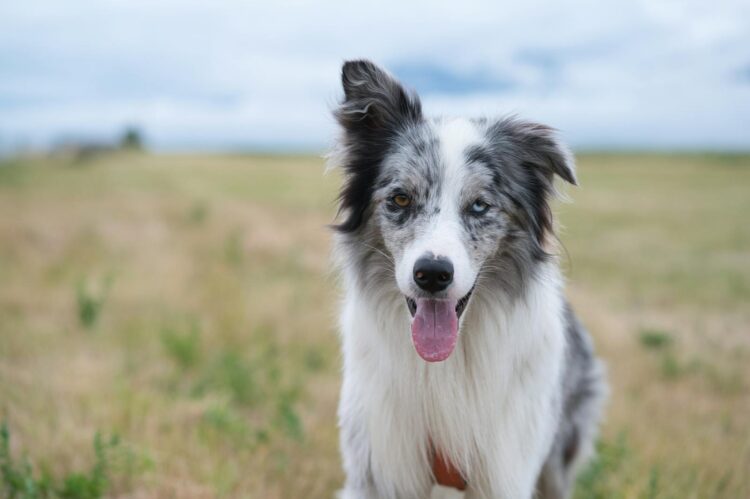
Maybe you’re overwhelmed with work or glued to your screen for a meeting, but your dog doesn’t get that. Dogs feel very bad when you stop making any eye contact or barely acknowledge them all day. They love connection, and when you go silent or distant, it can leave them feeling confused or sad, especially if they’re used to being your shadow every day.
Scolding Them Without Understanding Why

Yelling at your dog after they’ve chewed a shoe or had an accident might feel instinctive, but they don’t always understand what they did wrong, especially if it happened hours ago. Harsh scolding without context doesn’t teach them; it just makes them anxious. Over time, they might start seeing you as unpredictable or scary instead of safe.
Leaving Without Saying Goodbye
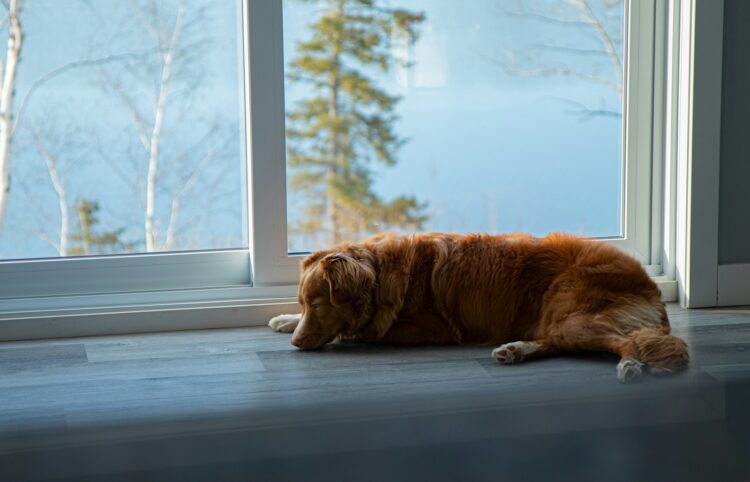
It sounds very silly, but when you rush out the door without a word, your pup notices. They watch your routine closely so when you suddenly vanish, it can make them feel anxious or abandoned. Just a quick pat or calm goodbye helps ease that stress. It tells your pooch that you’ll be back soon and they look forward to it.
Taking Their Toys or Food Without Warning
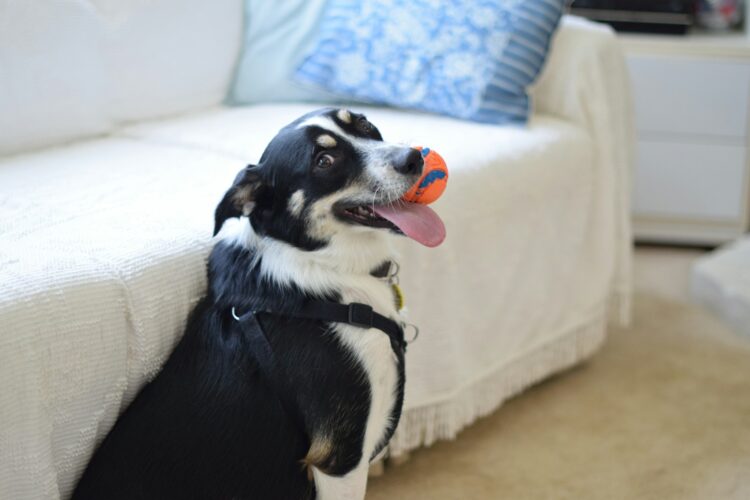
You might not think twice about picking up their toy or checking their food bowl, but to your dog, that moment matters a lot. If they’re in the middle of playing or eating and you suddenly take something away, it can throw them off. Dogs don’t always understand your intentions—they just know something they liked is gone. Eventually, it can make them feel uneasy or guarded.
Using a Harsh Tone Too Often
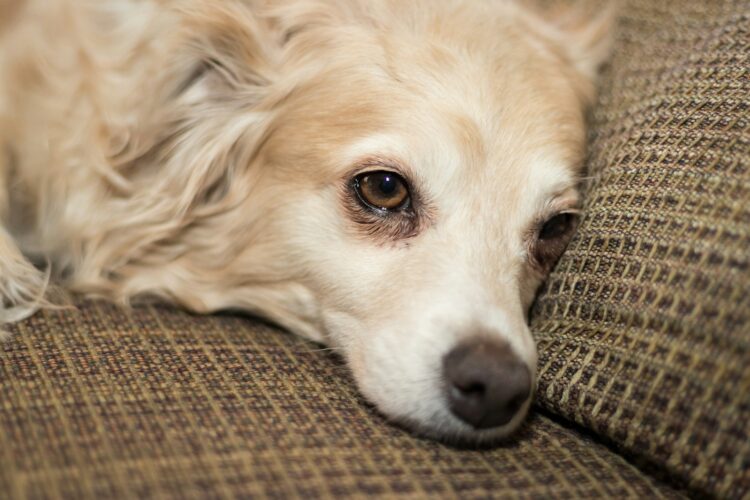
You don’t have to shout for your dog to feel the difference in your voice. Dogs are super sensitive to tone, and a cold or sharp voice can sting more than you realize. If you’re constantly using a harsh tone—even unintentionally—they may start feeling uneasy around you, unsure if they’ve done something wrong again.
Not Letting Them Sniff on Walks
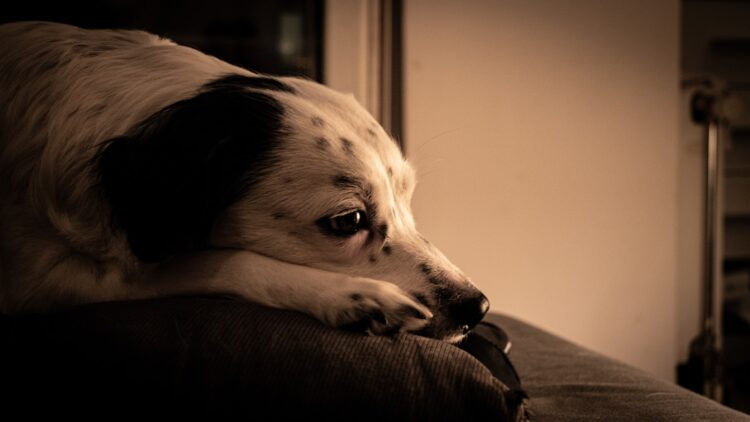
You might want to power walk and get it over with, but for your dog, a walk isn’t just exercise—it’s their time to explore the world. Rushing them along or yanking the leash when they pause to sniff can feel frustrating for them. It’s like being told to stop reading halfway through every sentence. Sniffing is how they enjoy the moment.
Leaving Them Alone for Too Long
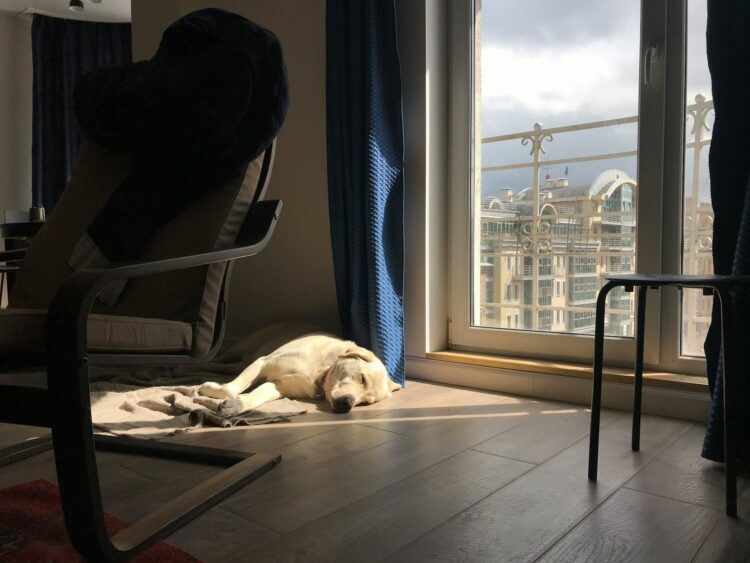
Life gets very busy, and sometimes dogs have to stay home alone. But when it happens too often or for too long, they start to feel lonely or forgotten. Dogs are pack animals, and your absence can feel like a big emotional gap. Even if they don’t destroy anything, the silence can still leave them feeling sad or disconnected.
Skipping Playtime or Affection
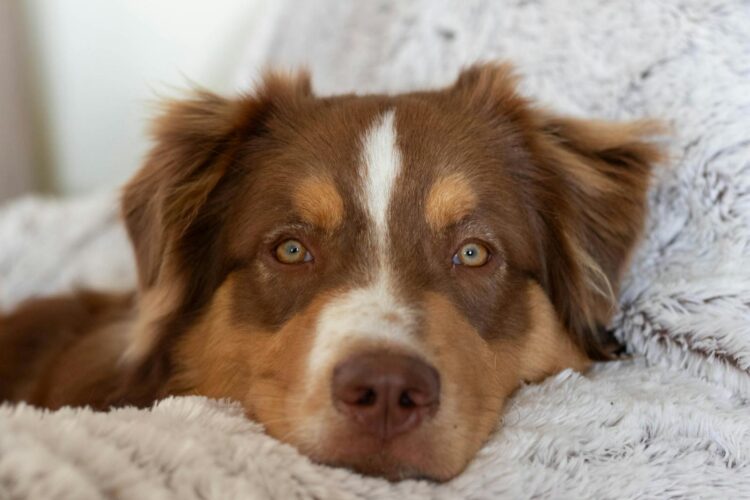
You might assume your dog’s fine because they ate and went for a walk, but dogs also need fun and affection. Skipping play or cuddles may not seem like a big deal, but over time, they notice the lack of attention. If your pup starts acting very clingy or withdrawn, they might just miss the bonding time you used to give them.
Not Giving Them a Safe Space
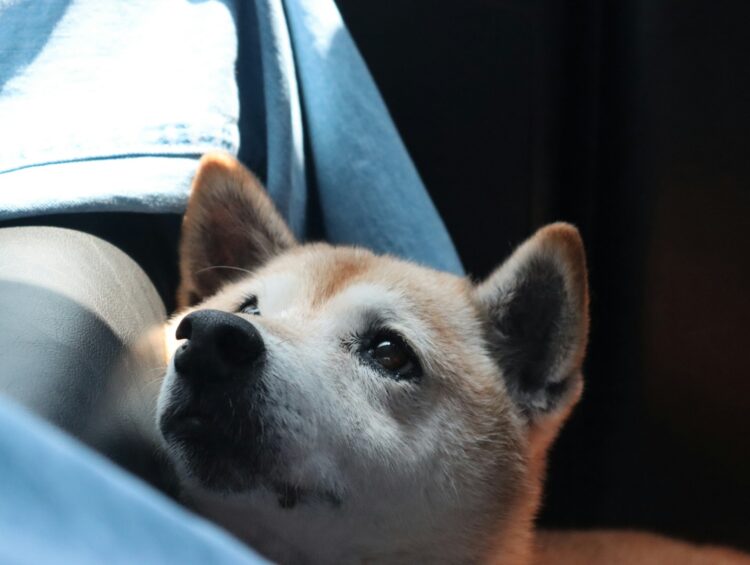
Dogs need a place where they can retreat and feel calm (especially if your home is loud or busy). If your dog doesn’t have a quiet corner or is always being disturbed when they try to rest, they can feel overwhelmed. Giving them space isn’t just physical—it’s emotional too. It tells them they’re safe and respected in their own home.
Comparing Them to Other Dogs
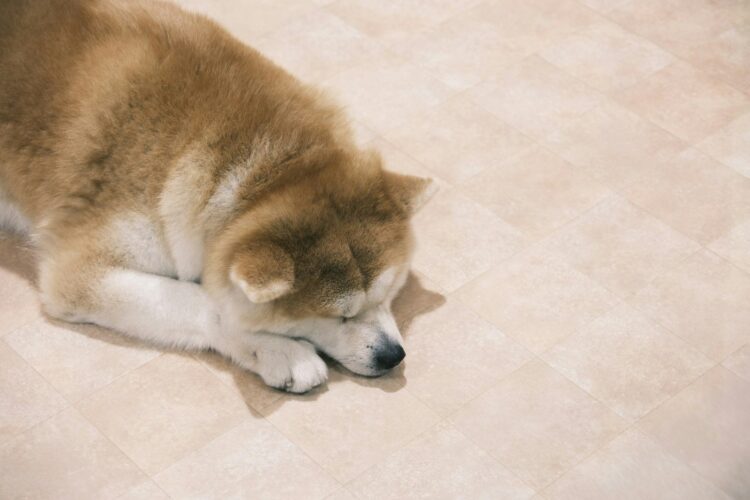
You may not say it out loud, but dogs pick up on your energy. If you praise another dog in front of them or act more excited to see someone else’s pet, they can get confused or jealous. Your dog wants to be your favorite, even if they’re quirky, stubborn, or not as well-behaved. They notice when you seem more impressed with another.
Dressing Them Up When They Hate It
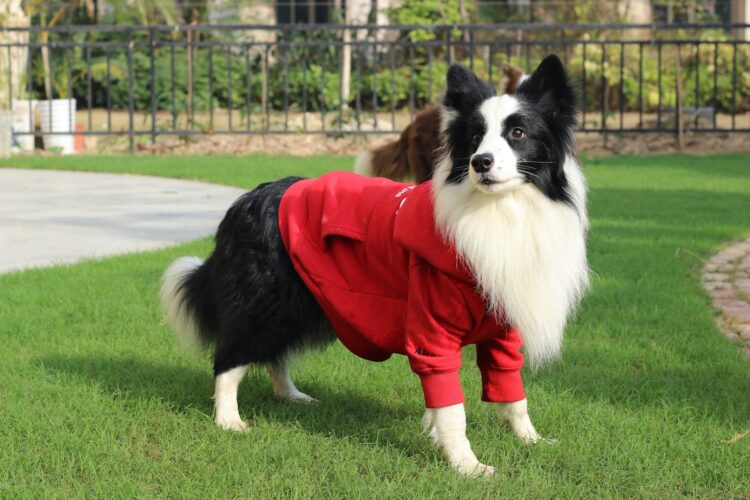
Some dogs love wearing cute clothes. Others clearly don’t. If your dog freezes, hides, or tries to take the outfit off, they’re telling you they’re uncomfortable. Pushing them to wear costumes or jackets just for photos or laughs might seem harmless, but it can make them feel stressed or trapped, especially if they can’t move freely or understand why it’s happening.
Not Listening to Their Body Language
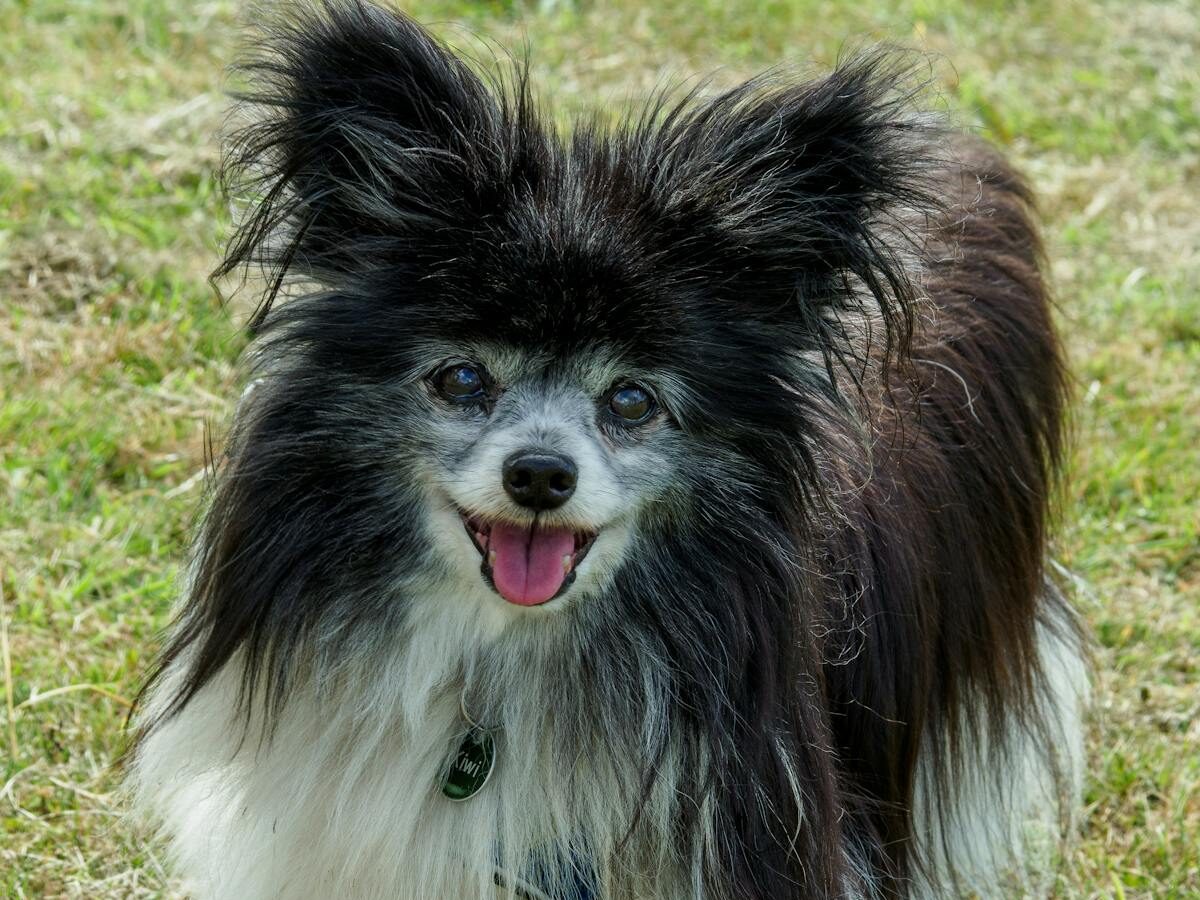
Your dog communicates with you all the time, even without words. If they back away, yawn, lower their tail, or avoid eye contact, they’re trying to tell you something. Ignoring those signs or pushing them into situations they clearly don’t like, like meeting a stranger or being picked up, can leave them feeling scared, unheard, or unsafe.
Punishing Them for Being Afraid
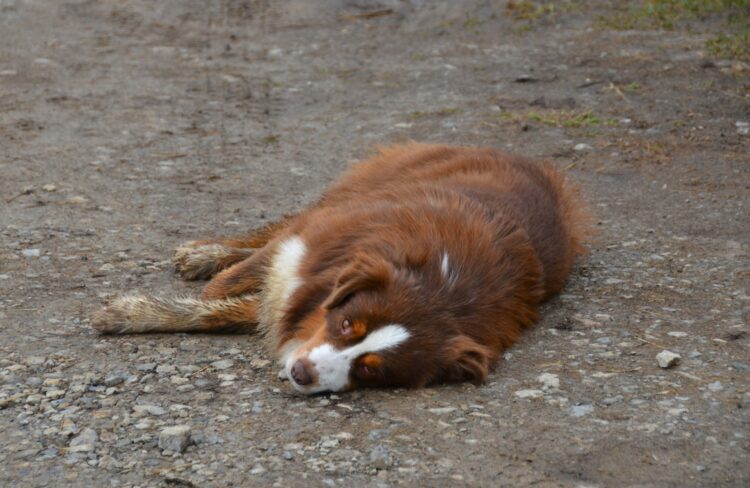
If your dog reacts to thunder, fireworks, or the vacuum with fear, scolding them or forcing them to face it won’t make it better. It actually makes things worse. Dogs don’t choose fear—it’s instinct. When you punish them for being scared, they stop trusting you to protect them, which can hurt your bond more than you realize.
Forcing Social Interactions
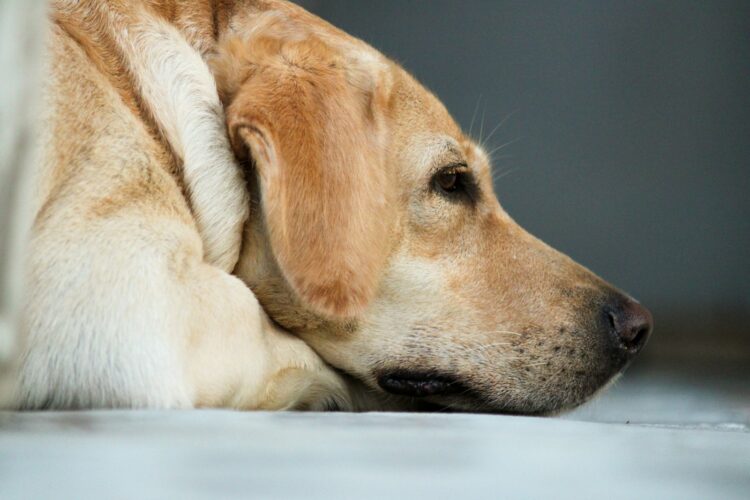
Not every dog wants to greet every person or play with every dog. If you keep dragging them into social situations they clearly don’t enjoy, they may feel stressed, overstimulated, or even unsafe. You wouldn’t want to be pushed into a crowd if you weren’t feeling up for it, and your dog doesn’t either. Sometimes, space is what they really need.
Not Letting Them Just Be a Dog
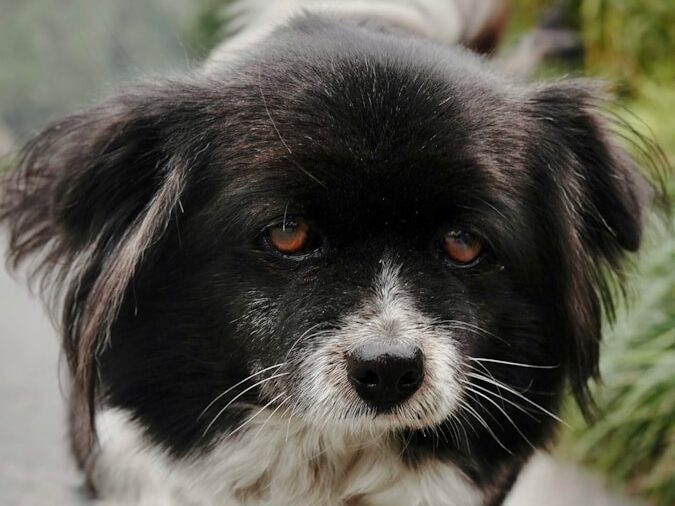
Sometimes, we expect our pups to act more like polite little humans than the animals they are. We tell them not to dig, bark, sniff, or roll in the grass. But those behaviors are part of what makes them feel alive. They are NOT humans. Constantly stopping them from doing dog things can leave them feeling stifled. Letting them be themselves is one of the best ways to love them.

